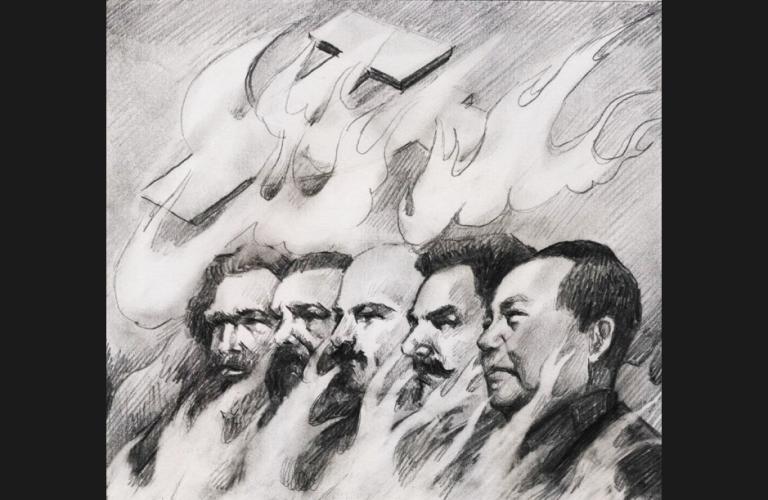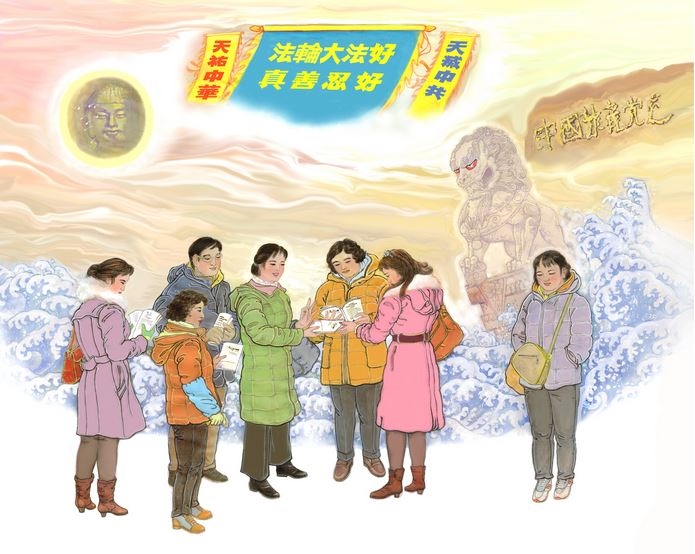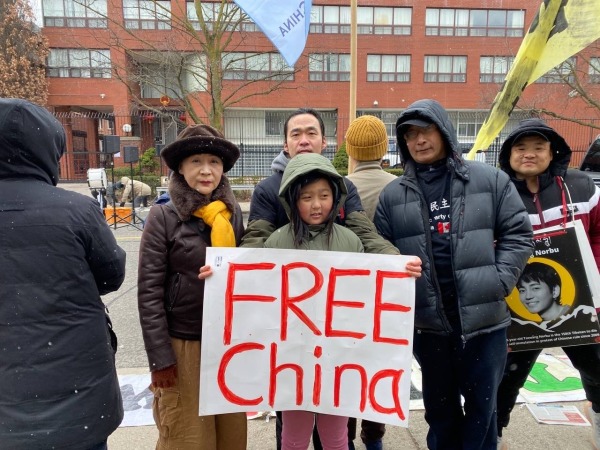First published in 2006 by the Chinese-language Epoch Times, this series lays out in detail the vast system of Communist Party culture that dominates mainland China today and how it violently replaced the ancient moral and spiritual heritage of the Chinese people. Vision Times is proud to present a translation of Disintegrating the Culture of the Chinese Communist Party that sheds light on the fundamental characteristics of the world’s biggest communist state, while keeping true to the message intended by the original authors.
Chapter Two: The Establishment of Communist Party Culture (Part I)
Continued from Chapter One (Part V).
Introduction
Communist ideology opposes the morality and beliefs of all traditional societies. In China, it is a foreign import that is completely at odds with the moral principles shaped over 5,000 years of civilization. To seize power and maintain its rule over the Chinese people, the communist movement had to uproot traditional culture and impose its own Communist Party culture through “thought reform.”
From its beginnings in the early 20th century, the Chinese Communist Party has focused on indoctrinating both its members and the general public in its philosophy of struggle. Generations raised “under the red flag” are all too familiar with the political courses mandated in education as well as the endless propaganda churned out by the CCP’s mouthpieces.
The ultimate goal of the Party’s thought reform is to erase the spiritual beliefs of Confucianism, Daoism, and Buddhism, which, known as the “Three Teachings,” form the basis of the traditional Chinese worldview. By wiping out faith in these teachings, the CCP prevents people from evaluating its rule from the perspective of traditional, universal moral standards.
Success
You are now signed up for our newsletter
Success
Check your email to complete sign up
While criticizing the “Three Teachings,” persecuting religious believers, and suppressing spiritual faith, the communists established a paradigm for understanding the world. The CCP found a powerful political tool in modern science and the theory of evolution, which would allow it to install the atheist doctrines of dialectical materialism and class struggle.
Criticizing the ‘Three Teachings’
Confucianism, Buddhism and Daoism had a profound influence on Chinese philosophy, society, and governance for thousands of years.
Confucianism upholds the ideals of ren (benevolence) and yi (righteousness). Confucius said that “to shirk righteous action is to be without courage” and that “noble people with high ideals seek not survival by betraying the principle of ren; but would rather give their lives in fulfillment of benevolence.”
The view of destiny taught in Confucianism is etched into the Chinese consciousness. In the Analects, it is stated that “there is destiny in life and death; wealth and glory are up to Heaven.” The preface to the Doctrine of the Mean holds that human nature is ordained by the divine. To the ancients, all morality came from above. The purpose of human life is to achieve perfection by cultivating one’s morality and fulfilling the Mandate of Heaven.
The Yi Jing or Book of Changes, one of the five Confucian classics as well an important Daoist divination text, speaks of the san cai or “three powers” — Heaven, earth, and man. Heaven and earth gave rise to and nurture man; to assimilate to the virtues of heaven and earth is to maintain moral standards and social order.
Daoism emphasizes the concept of zhen or truth, and holds that “returning to the true self” is the way to achieve harmonious unity of man and nature. “Man follows Heaven, Heaven follows the Dao [or Way], the Dao follows what is natural.”
Traditional Chinese medicine and qigong energy practices are derived from Daoism, as are the methods of divinations described in the Book of Changes. Chinese legend is famous for its depiction of individuals who achieved immortality or became divine through Daoist cultivation. The endless interaction between yin and yang symbolized in the Taiji has inspired thinkers around the world, and the Daoist ideas of harmony with nature assumes special significance as humanity seeks to resolve looming environmental crises.
Buddhism emphasizes kindness, promotes compassion, tolerance, and respect for life as equal beings before the Buddhist dharma. Prior to the CCP’s takeover, the Buddhist concepts of reincarnation, accumulating virtue and practicing good deeds, and karmic retribution had become a universal basis for moral conduct in Chinese society. People understood their lot in this life as the result of actions taken in previous lives; the only way to change one’s fortune was to be good and avoid evil.
None of these ancient teachings and virtues can be tolerated under communist rule. Confucian Mandate of Heaven, Buddhist karmic ties, and the “no desires or attachments, be at peace with the world” spoken of in Daoism hinder the violent rebellion and dictatorship advocated by the Communist Party. Spiritual cultivation over secular life and death is the biggest obstacle standing in the way of the communists, who aim to conquer the world through material struggle and control the masses through atheism.












